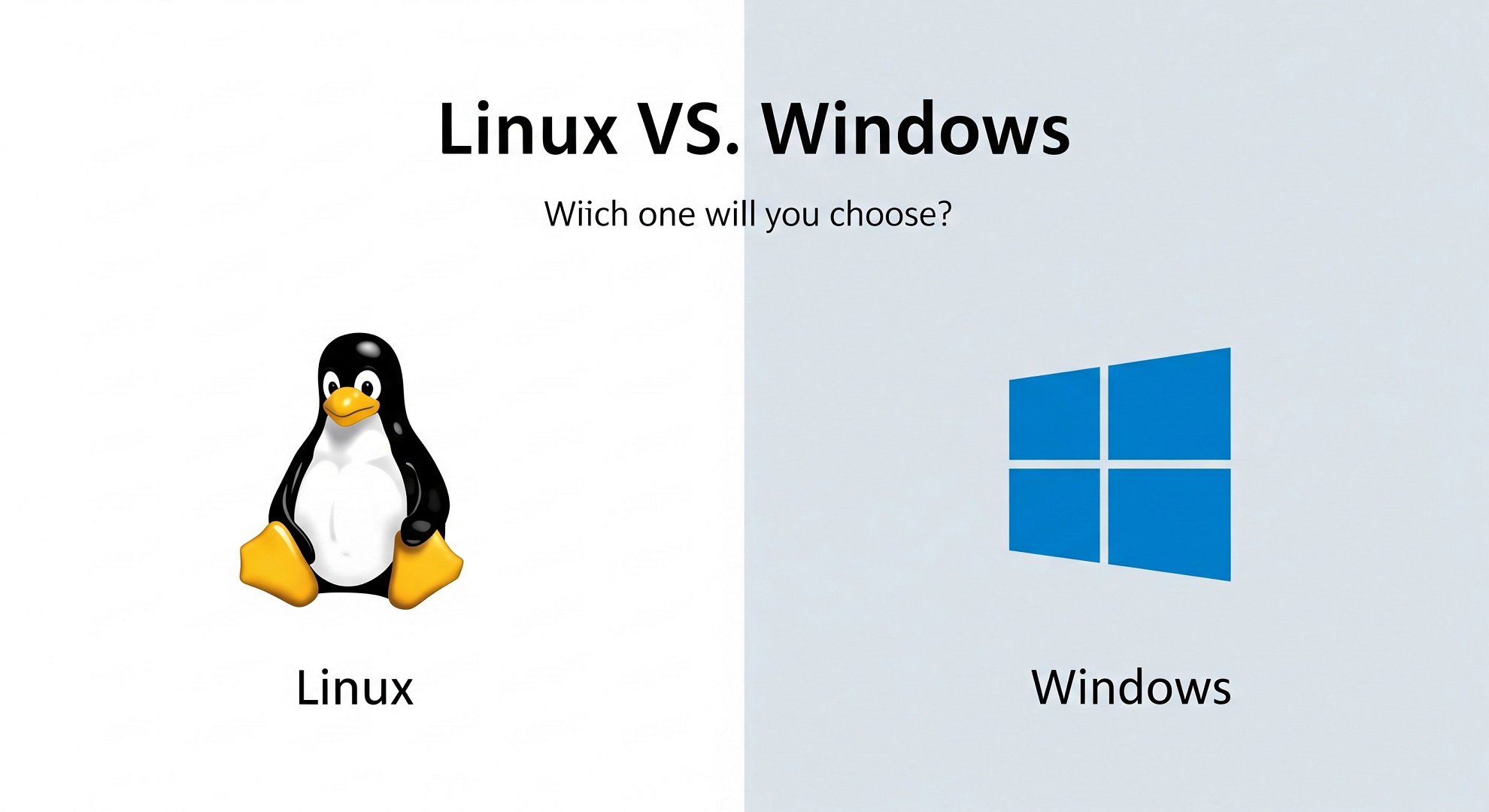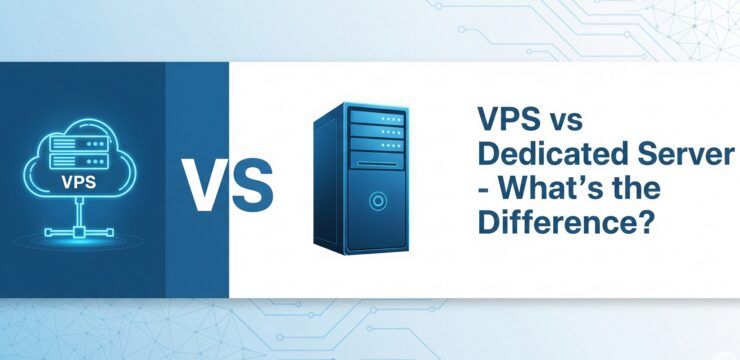
When setting up a website, one of the most critical decisions is choosing the right hosting platform. Among the most common choices are Linux and Windows hosting. Each comes with its own set of advantages and technical requirements. Understanding their differences will help you select the best hosting environment for your website’s needs.
1. Operating System Background
Linux hosting is based on the open-source Linux operating system, known for its stability, security, and flexibility. Windows hosting, on the other hand, runs on Microsoft Windows Server, which integrates closely with Microsoft products and technologies. Your choice of hosting often depends on which operating system your web applications or tools are built for.
2. Supported Technologies
Linux hosting supports popular web technologies such as PHP, MySQL, Python, Perl, and Apache. It is widely used for WordPress, Joomla, and other open-source platforms. Windows hosting supports technologies like ASP.NET, MSSQL, Microsoft Access, and IIS (Internet Information Services). If you’re developing with .NET or Visual Basic, Windows hosting is more suitable.
3. Control Panels and User Interface
Linux hosting commonly uses control panels like cPanel or Plesk (though Plesk is also used in Windows). These interfaces are user-friendly and make it easy to manage domains, databases, email accounts, and files. Windows hosting usually comes with Plesk and supports integration with Remote Desktop for more advanced configurations.
4. Performance and Stability
Linux is known for its performance, speed, and reliability, particularly for high-traffic websites. It rarely requires reboots and can run for long periods without crashing. Windows Server has improved significantly over the years, but it may require more frequent updates and restarts due to system or security updates.
5. Security
Both platforms can be secure if configured properly. However, Linux’s open-source nature allows for rapid patching and community-driven improvements. It is often seen as more secure by default. Windows hosting requires more attention to configuration, especially when running scripts or apps with administrative privileges.
6. Cost and Licensing
Linux hosting is typically more affordable because it is open-source and does not require licensing fees. Windows hosting is often more expensive due to Microsoft licensing costs for Windows Server and other proprietary software. However, for businesses that rely on Microsoft technologies, the added cost may be justified.
7. Compatibility and Use Cases
Choose Linux hosting if you plan to use WordPress, PHP, or MySQL-based applications. It’s ideal for blogs, portfolios, eCommerce stores, and general-purpose websites. Windows hosting is better suited for websites built on ASP.NET, MS SQL, or those requiring integration with Microsoft Exchange or SharePoint.
8. Which One Should You Choose?
If you’re unsure, Linux hosting is usually the best starting point due to its versatility and wide compatibility with most content management systems. Opt for Windows hosting only if your website or application depends on Microsoft-based technologies.
Conclusion
Understanding the difference between Linux and Windows hosting is crucial for making the right hosting decision. Each platform offers unique advantages depending on your technical requirements, budget, and preferred technologies. By aligning your choice with your website’s goals, you can ensure a smooth, secure, and efficient hosting experience.





